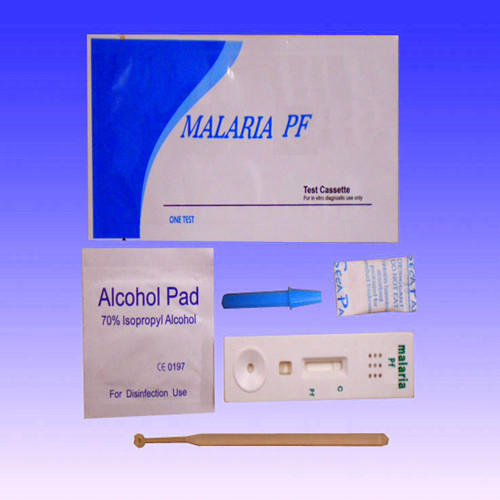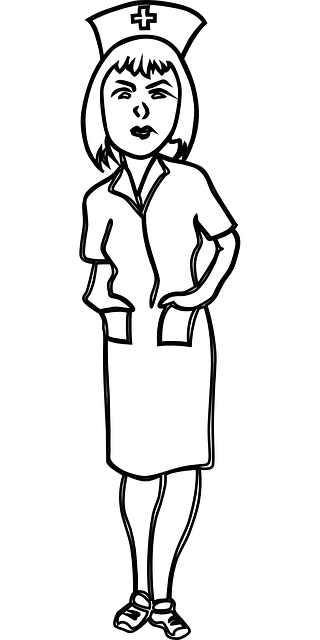
A job as a hospice worker can be very rewarding. As a hospice worker, you will be able to learn more about medical professionals and work with families to provide the best possible care. The job requires you to be physically and emotionally ready.
Hospice workers provide support to patients, both in and out the hospital. They may be assisting patients with eating, bathing, and using medical equipment. They may also need to lift patients or stand for a long time. They may also need to travel to the patient's home, and work weekends and nights. They will also need to notify loved ones about the death of the patient.
A bachelor's degree is required for workers in hospice. They also need to have experience in the field. They might also have to complete an education program. They must comply with all laws regarding hospice.

Hospice nurses work together with other hospice members to create care plans. They will also need to assess patients and suggest alternate care methods. They may be required to visit hospice patients in person after six months. They will collaborate with the patient's physician to determine if the patient should continue to receive hospice services.
Hospice social workers act as advocates for patients by helping them to understand their end-of-life plans and manage stress. They also help with communicating their needs. They might also facilitate support groups and seminars. They may be able help patients or their families deal with grief and other crisis situations. They are also referred to as sounding boards. They might also be able to answer phone calls or welcome visitors at the hospice's reception desk. They may also be involved as community outreach or marketing.
They are responsible for Medicare billing and hospice financial management. They also oversee hospice budgets and charitable giving. They may also handle insurance payments. They might also prepare patient health records for regulatory purposes. They can also help with the creation of patient care plans.
Other hospice personal service occupations exist, such as social service assistants and clergy. These workers help patients with everyday tasks such as bathing, dressing, and eating. They can also help patients with hobbies and exercise. They can also assist patients with their medication management.

Hospice social workers may also be responsible for providing bereavement support to families. They often facilitate support groups and workshops for patients and their families, assist them in understanding the end-of-life process, and serve as professional friends. New York State regulations require them to be licensed. They can also act as a liaison between patients, doctors, and other healthcare professionals.
Volunteers are often employed on a part time basis to assist in projects. Many aren't trained. They also contribute to high turnover rates. If they aren't accepted by paid workers, they may experience stress. They should also register with New York State Board of Hospice Volunteers.
FAQ
What will happen to Medicare if it isn't there?
Uninsured Americans will increase. Employers will be forced to terminate their employees' plans. Senior citizens will have to pay higher out of pocket for prescription drugs and medical services.
How can I ensure my family has access quality health care?
Your state likely has a department of public health. This helps to ensure everyone has affordable health care. Some states offer programs to help low-income families have children. You can contact your state's Department of Health for more information about these programs.
What are the various types of insurance for health?
There are three main types for health insurance:
-
Private health insurance covers most of the costs associated with your medical treatment. This type insurance is often purchased directly by private companies. Therefore, you will pay monthly premiums.
-
The majority of the costs of medical care are covered by public health insurance, but there are limitations and restrictions to coverage. Public insurance does not cover preventive services, routine visits to doctors, hospitals and labs, Xray equipment, dental offices, prescription drugs or certain tests.
-
To save money for future medical expenses, medical savings accounts (MSAs) can be used. The funds are held in an account that is distinct from all other types of accounts. Most employers offer MSA programs. These accounts do not have to be taxed and can earn interest at the same rate as bank savings.
What are the health services?
Patients should be aware of the fact that they have 24/7 access to high-quality healthcare. Whether you need an urgent appointment or a routine check-up, we're here to help.
There are many types of appointments available, including outpatient and emergency procedures, walk-ins, same day surgery, same-day surgeries, and emergency department visits. For those who live outside of our clinic, we also offer home care visits. If you do not feel at ease in our office, you can be referred to your nearest hospital.
Our team includes nurses and pharmacists as well dentists. We strive to make every visit as simple and painless for our patients.
What is a healthcare system?
The health system encompasses all aspects of care from prevention to rehabilitation and everything between. It includes hospitals and clinics as well as pharmacies and community services.
Complex adaptive systems make up the health system. They can have emergent qualities that cannot be predicted if you only look at individual components.
Health systems are complex and difficult to understand. This is where creativity is needed.
Creativity is a way to find solutions to problems that we don't know the solution to. We can use our imagination to think of new ways to improve and create new ideas.
People with creative thinking skills are vital for the health system. They're always evolving.
People who think creatively can help change the way health systems operate for the better.
What are medical systems?
Medical systems are designed for people to live longer and healthier lives. They ensure that patients get the best care possible when they are in need.
They make sure the right treatment happens at the right moment. They provide doctors with the necessary information to help them give the best possible advice about the treatment that would be most effective for each patient.
Statistics
- The healthcare sector is one of the largest and most complex in the U.S. economy, accounting for 18% of gross domestic product (GDP) in 2020.1 (investopedia.com)
- Price Increases, Aging Push Sector To 20 Percent Of Economy". (en.wikipedia.org)
- Foreign investment in hospitals—up to 70% ownership- has been encouraged as an incentive for privatization. (en.wikipedia.org)
- About 14 percent of Americans have chronic kidney disease. (rasmussen.edu)
- For instance, Chinese hospital charges tend toward 50% for drugs, another major percentage for equipment, and a small percentage for healthcare professional fees. (en.wikipedia.org)
External Links
How To
What is the Healthcare Industry Value Chain (or Value Chain)?
The entire value chain of the healthcare industry includes all activities involved with providing healthcare services to patients. This includes all business processes at hospitals and clinics. It also includes supply chains that connect patients to other providers like pharmacists and insurance companies. The result is a continuum which starts with diagnosis and ends in discharge.
The value chain is composed of four main components:
-
Business Processes: These are all the tasks performed by people throughout the entire delivery of healthcare. For example, a physician might perform an examination, prescribe medication, and then send a prescription to a pharmacy for dispensing. Each step along the way must be completed efficiently and accurately.
-
Supply Chains are all the organizations responsible for making sure the right supplies reach their intended recipients at the right time. A hospital might have several suppliers. These could include lab testing facilities, imaging centres, pharmacies, or even janitorial personnel.
-
Networked Organisations - This is a way to coordinate all the entities. Hospitals have many departments. Each has its own number of phones and offices. Every department will have a central point where employees can go for updates to ensure everyone knows what's happening.
-
Information Technology Systems - IT is critical in ensuring that business processes run smoothly. Without it, things would fall apart quickly. IT can also be used to integrate new technologies into a system. Doctors, for example, can connect to a secure internet connection to access electronic medical records.